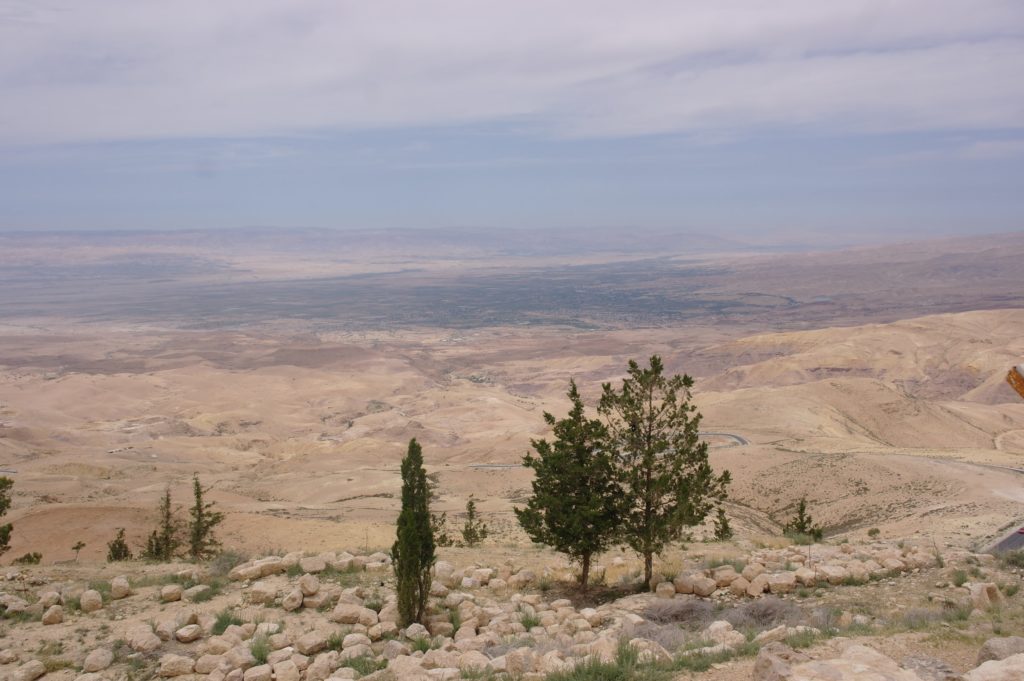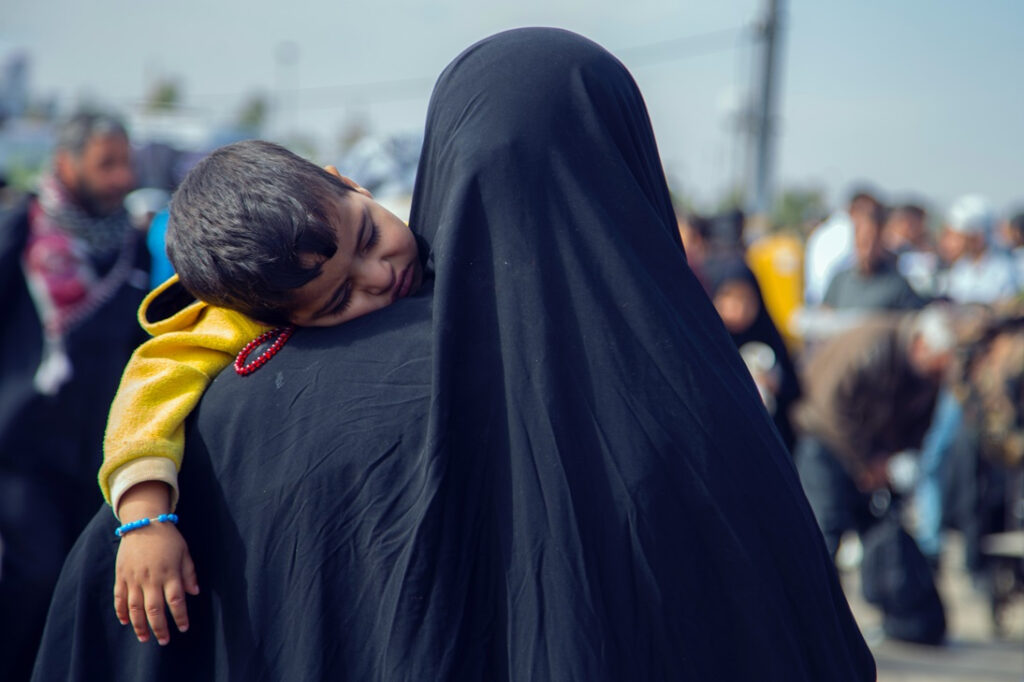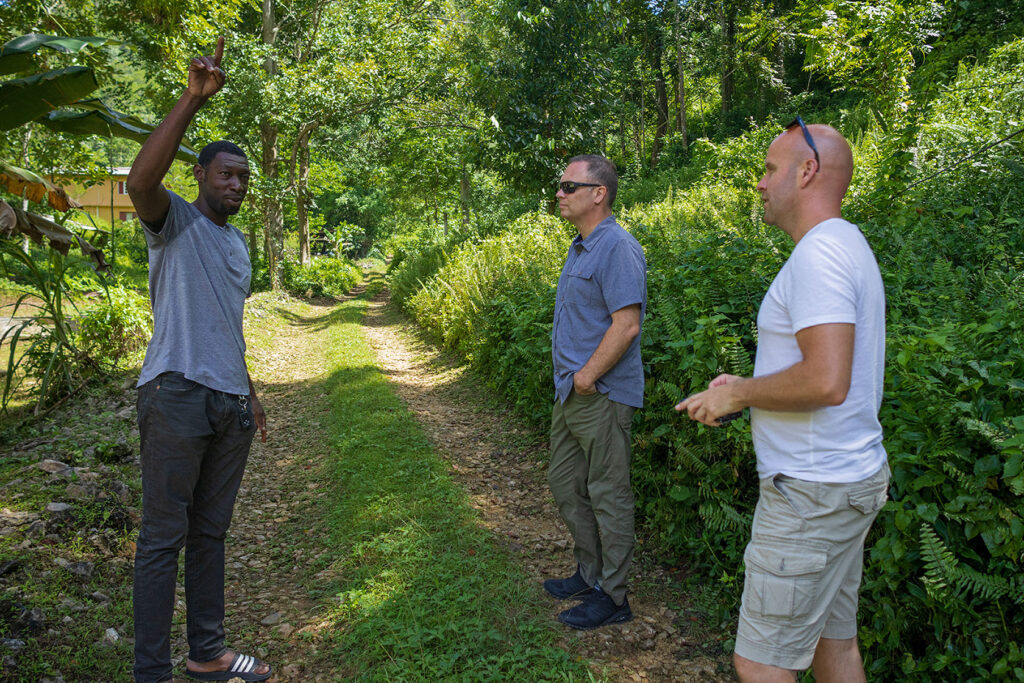Churches expect missionaries to live a godly life, love others, share the gospel, and work hard. The missionary expects the church to support and pray. But both parties are subjected to the expectations of the Bible to live as foreigners in their current location (Hebrews 13:13-14). This means workers must understand their surrounding culture—what aspects of that culture may conform to God’s will, and what aspects of that culture stand opposed to it.
Reading cultures in this way, however, can be a challenge for missionaries. To illustrate this fact, one Bible character serves as a powerful example of the challenge of balancing culture-confrontation with culture-conversation. This character is a man named Phinehas, who appears in Exodus, Numbers, and Joshua.
1. The Positive Example
As a grandson of Aaron, Phinehas had a position of great privilege in the wandering nation of Israel. Yet he gains the respect of the people and the blessing of God for his own actions rather than depending on his family name. In Numbers 25, at a point when the nation was in great sin, Phinehas storms onto the scene and directly confronts that sin. He is later praised in Psalm 106 for his zeal for the Lord.
By boldly confronting sin in the camp, Phinehas gained two things. First, we find out that God grants him an eternal covenant of peace for his devotion. Further, he clearly gains the reputation of one who acts on God’s behalf. We know this because many years later, near the end of the book of Joshua, Phinehas is called upon once again to act. And in this later incident, we see the challenge faced by missionaries and their churches alike.
2. The Challenge
Christians today can be too quick to tell a story with limited information. We try to connect the dots even when there aren’t enough facts to do so, interpreting circumstances according to our own experiences and understanding. This dangerous activity can lead us to judge too quickly. This is what happens in Joshua 22.
At the conclusion of Joshua’s conquests and battle, those tribes who have left their homes on the east side of the Jordan River return home. With no ability to send a digital message, their communication with rest of the nation is cut off. In this absence of information, these tribes begin constructing a large altar on the bank of the Jordan River. The rest of the Israelite nation on the other side of the river observes their actions. And their rash response is, unfortunately, quite normal.
The nation perceives the tribes’ action as one of religious rebellion. They remember the past sins of their people and the punishment that it brought from God. They belief that this is a grievous sin that will lead to immediate and harsh action. They gather to go and do battle with the tribes. They are angry and full of judgment. Prior to launching an attack though, they send a delegation of men.
Phinehas leads the delegation (because of his previous reputation, we can infer). But he begins his conversation with accusation. He assumes the action is wrong and speaks at great length about the dangers of their actions. Phinehas is zealous for religious purity, but he is a bad example of healthy cultural observation. He spoke first rather than listened. He assumed evil rather than good. He gave judgment before evaluation. His heart and his history told him that he was likely correct—but he was wrong.
As it turned out, the tribes had no intention of corrupting worship—they were simply erecting a memorial to remind their fellow tribesmen of the nation’s covenant with God (Joshua 33:21-29). Satisfied with their answer, Phinehas rejoices, and civil war is averted (vv. 30-34).
Application
Even though Phinehas wasn’t a missionary, and the Israelite tribes didn’t belong to another culture, we can still draw some anecdotal application from their situation. Both missionaries and the churches that send them must be aware of our own temptation to evaluate cultures too quickly.
Most missionaries and the churches that send them have seen God work and seen the fruit of their efforts. They have seen God tell great stories in the past and have often celebrated the work of God in their lives. But past success in ministry does not guarantee that ministry workers will correctly understand other cultures. Missionaries are still prone to filter information through their own cultural lenses. Like Phinehas, we can end up condemning another group’s actions because of our misunderstanding. The sending church as well faces a similar challenge at home in a changing culture.
Legalism is, at its very heart, the judgment of man where there is no judgment from God. And when the church engages in judgment, we arrogantly assume the mantle of God himself. Our legalistic impulses may help us feel like we’re doing good and standing for righteousness, but the opposite may be true.
Phinehas’ actions in Joshua 33 serve as an example of well-intentioned legalism in his approach to another group. The church and its missionaries must learn from his example. This will require a humility to listen and ask questions. It will require understanding that something that appears wrong may indeed not be so. And it means we must value the gospel in both theory and practice.
Being right once doesn’t guarantee one is always right. But constant humility will open the doors to greater cultural understanding and thus more faithful, fruitful cross-cultural ministry.




